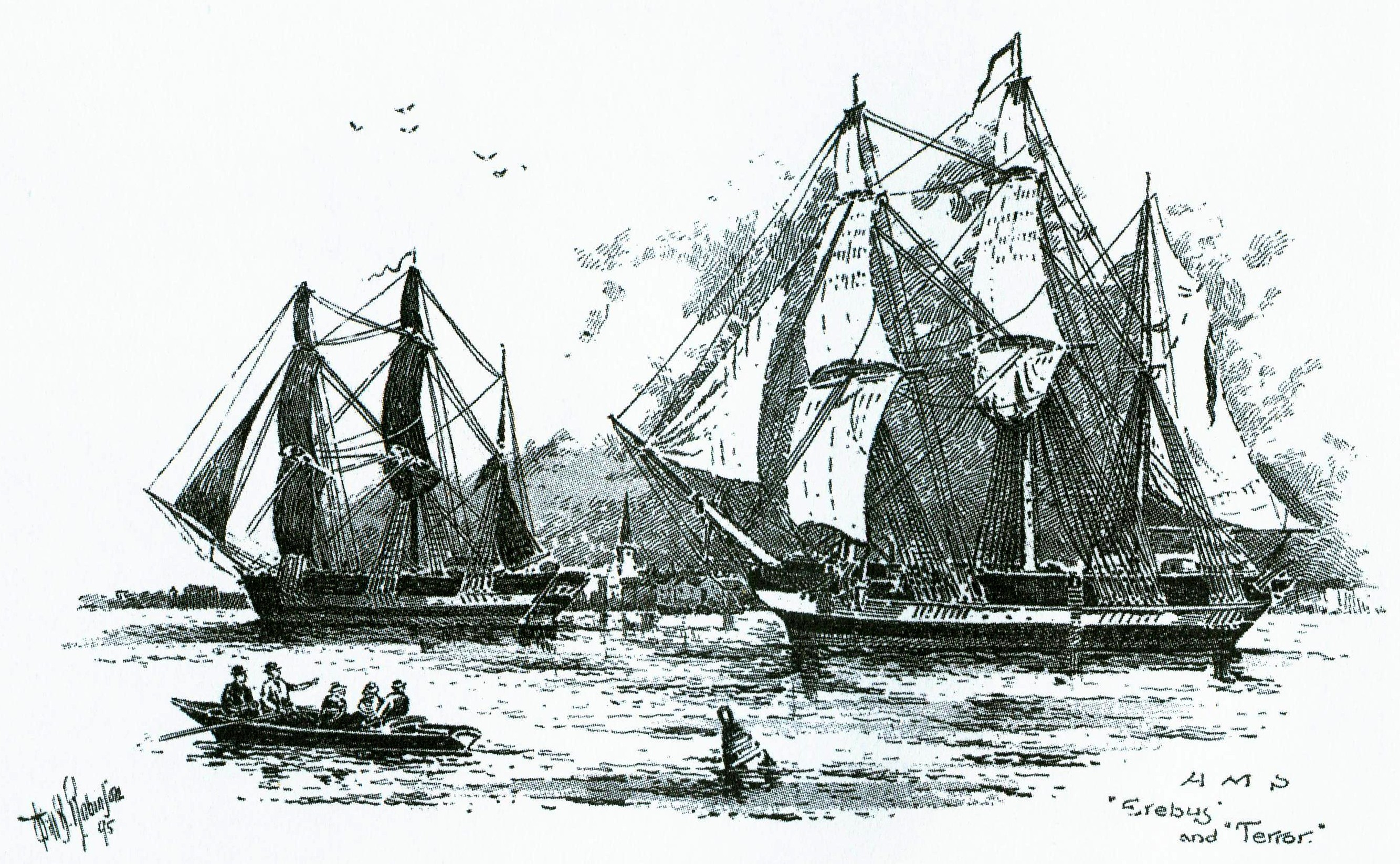The first steps towards building a historical time machine are underway south of the border. A group of American history educators have founded an ambitious plan to create the “Civil War Augmented Reality Project.”
This first time machine will be a literal window into the past. By taking advantage of smart phone and tablet computer technology, as well as their beautiful screens, the project team hopes to let visitors of Civil War sites see aspects of the past by holding up their computers and looking at them as though they were a window.
 At one river crossing in Pennsylvania, visitors will be able to look through their virtual window at a bridge that was burned down during the Civil War to prevent enemy troops from making the crossing. As the visitor drives along the present bridge, their view will pan to reflect their moving position and a seamless image will augment their view outside the car.
At one river crossing in Pennsylvania, visitors will be able to look through their virtual window at a bridge that was burned down during the Civil War to prevent enemy troops from making the crossing. As the visitor drives along the present bridge, their view will pan to reflect their moving position and a seamless image will augment their view outside the car.
This project is still in the planning – and fundraising – stages, but the organizers have big dreams for a complex network of activities aimed at teachers and Civil War tourists. In a few years, we might be seeing a lot more of these windows into the past.
You can keep tabs on this project at their website: http://acwarproject.wordpress.com/







